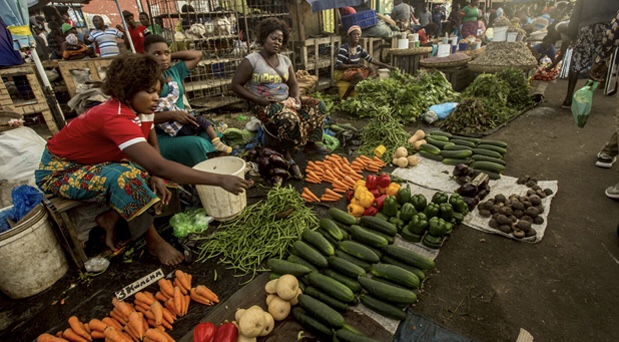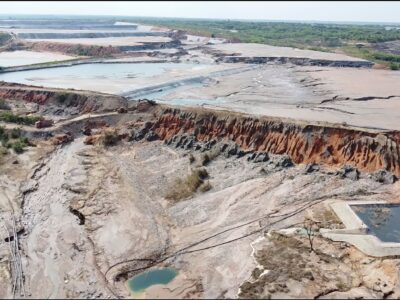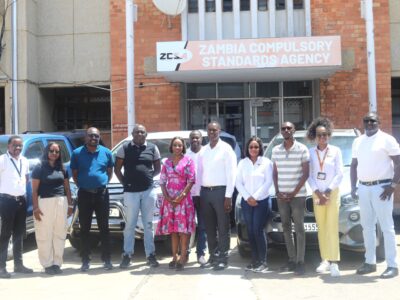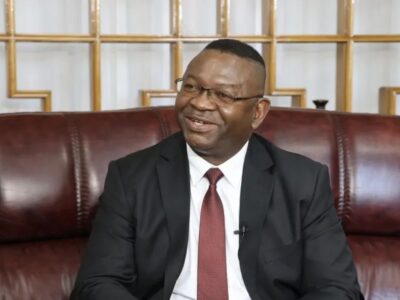Preliminary data from the Basic Needs and Nutrition Basket (BNNB) survey conducted by the Jesuit Centre for Theological Reflection (JCTR) indicates that Zambia’s average cost of living for the first quarter of 2025 stands at K8,024.44.
The survey, carried out in twelve of the country’s sixteen towns, showed that most recorded an increase in living costs between January and March 2025.
Lusaka recorded the highest average cost of living at K11,315.52, while Chinsali had the lowest at K5,991.40.
The findings underscored the growing burden on low-income households, with prices of essential goods continuing to rise.
A statement issued on Thursday attributed the price hikes to increases in the cost of food items, particularly chicken, vegetables (bondwe, cabbage, pumpkin leaves), and fruits (oranges, apples, bananas).
The report also cited seasonal factors such as floods and the ongoing energy crisis as key contributors to rising costs.
Compared to 2024, the majority of surveyed towns recorded higher BNNB totals, highlighting concerns over the affordability of basic necessities.
“These findings, viewed in relation to the national average earnings, which have remained low and in some cases stagnant, raise serious concerns about poor households’ ability to afford essential goods for a dignified life,” the JCTR statement read.
The Centre warned that the high cost of living exposed deepening inequalities and urged the government to place social welfare at the core of its economic policies.
“Affordability, availability, and access to basic commodities are critical for dignified living conditions. Responding to social needs must be at the center of national development efforts,” the statement added.
Following these findings, JCTR made several recommendations, including the preservation of harvest gains to enhance food security.
“The anticipated improved crop harvest presents an opportunity to ensure that any gains made during the farming season are prudently utilized,” the statement said. JCTR urged the government to prepare for post-harvest losses by maintaining silos and reducing food waste.
The Centre also called for increased investment in agricultural infrastructure and technology, particularly in rural road networks and digital communication tools to improve market access for farmers.
Additionally, JCTR emphasized the need for greater investment in social sectors such as health, education, water and sanitation, and social protection to promote equitable development.
WARNING! All rights reserved. This material, and other digital content on this website, may not be reproduced, published, broadcast, rewritten or redistributed in whole or in part without prior express permission from ZAMBIA MONITOR.












Comments